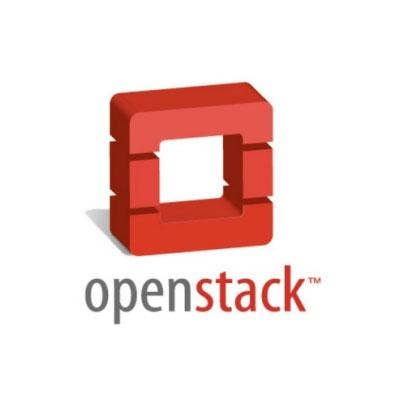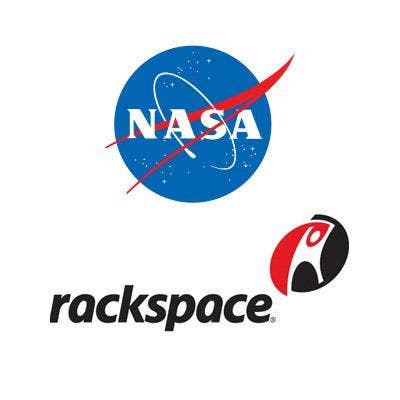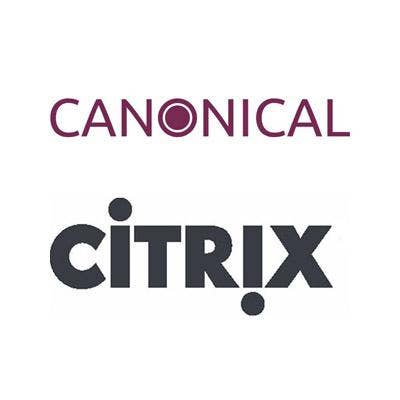OpenStack Rising: The Open Source Cloud's First Year

OpenStack Turns One
The Rackspace-led OpenStack open source cloud initiative officially turns one today. It's been a whirlwind year for OpenStack, which was seen as a cloud computing game-changer.
Here, we take a look at several significant milestones for OpenStack in its first year in the cloud marketplace.

In The Beginning...
OpenStack is first made public at the Austin Design Summit, attended by 42 partners and 95 developers between July 13 and July 14, 2010.
On July 19, OpenStack officially launches as a joint open source cloud project started by Rackspace and NASA. With OpenStack, Rackspace plans to open the code to its Cloud Files and Cloud Servers offerings, while NASA is giving users a look at the code and technology that powers its Nebula Cloud Platform. OpenStack launches with support from 25 participating organizations.

Austin Makes Landfall; Design Summit Grows
The OpenStack launch is followed by the first official OpenStack code release, on Oct. 21, 2010. Dubbed "Austin," the release includes the code for Object Storage, the cloud storage play and OpenStack Compute, a large-scale compute provisioning engine, which combines features from Rackspace's Cloud Servers offering and the NASA Nebula cloud platform. The new release makes OpenStack Compute ready for testing and prototyping. Rackspace encourages users to install the code, offer feedback and participate in the development process.
On Oct. 22, 2010, Microsoft joins the OpenStack initiative and adds Hyper-V support to OpenStack. Less than a month later, from Nov. 9 through Nov. 12, OpenStack holds its second design summit, for the Bexar code release. The San Antonio event draws 250 attendees, 62 partners and 165 developers.

OpenStack Gains Traction
The winter continues to fuel major growth for the OpenStack initiative. In November, NTT hosts the first Japan user group and 150 attendees show up. Then, in January, Wikimedia says it's running OpenStack for a test/dev environment. And on Jan. 15, service provider Internap launches a storage service using OpenStack. At the six-month mark, OpenStack now boasts 40 member companies and partners and has received contributions from more than 60 developers.

The Floodgates Open
February 3 is a major day for OpenStack. First, the OpenStack celebrates the Bexar code release, the second major code release since the initiative's launch. Then Citrix, a major OpenStack partner, adds support for VMware hypervisor. And lastly, Cisco puts its support behind OpenStack, a major boost to the initiative.
Come March 8, Rackspace launches Cloud Builders, an OpenStack-based services, support and training unit within Rackspace.
And on March 31, Dell, Equinix and Rackspace team up to launch a cloud demonstration and test environment around the open source OpenStack cloud initiative.

Cactus Grows; Market Validates Open Cloud
Rackspace's OpenStack plan got some big time validation when on April 7 Facebook launched its own Open Compute initiative and on April 12, VMware launched Cloud Foundry, an open source Platform-as-a-Service project.
Days later, on April 15, the next OpenStack code release, Cactus, goes live. Following the Cactus release, the April Cactus Design Summit and OpenStack Conference in Santa Clara, Calif., brings in 500 attendees, 80 partners and 217 developers.

More Marquee Support
As OpenStack nears the one-year mark, more major companies show support for the snowballing open source cloud initiative. On May 10, Canonical announces support for OpenStack in Ubuntu distribution. And on May 25, Citrix announced Project Olympus, a new open-source cloud infrastructure that's based on Citrix XenServer and OpenStack.
On June 8, security and PCI player Cybera was running OpenStack in a production environment.

One Year Strong
OpenStack closed out its first year on the scene having gathered a great deal of momentum to push the open source cloud initiative forward.
On July 13, the EMEA OpenStack day in London attracted 350 attendees. The following day, British cloud services provider SecurStore revealed that it is using OpenStack for its Cloud Storage Service.
And as OpenStack officially turns one on July 19, the open source cloud project will close out its first year with 80 participating companies and 217 registered developers.